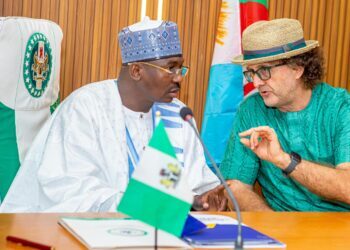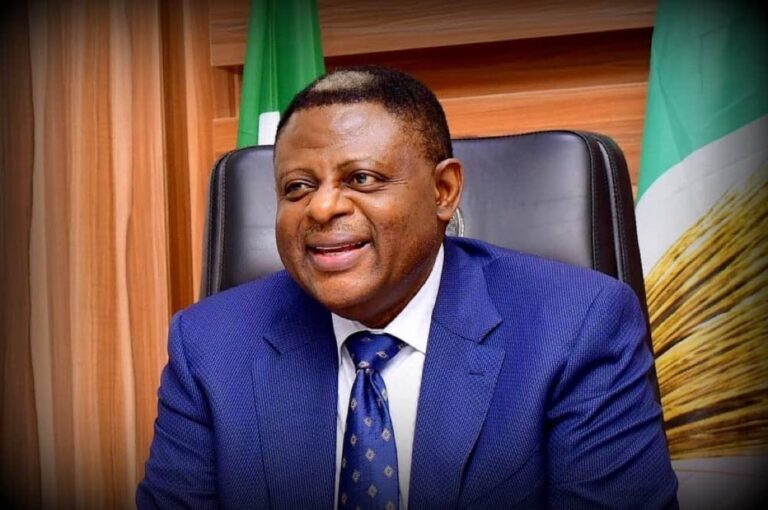The fuel price hike has also taken hold in other regions, including Abuja and major northern cities, where petrol is now being sold at filling stations for between ₦950 to ₦970 per liter. This marks a significant increase of ₦70 to ₦90 per liter, up from the previous price of ₦880 last week.
Our correspondents in Lagos and Abuja observed that filling stations like MRS Oil & Gas, Ardova Plc, Heyden, and others with special agreements with the Dangote Petroleum Refinery have adjusted their pumps to the new price.
Petrol stations like Matrix Energy, North-West Petroleum, Total Energies, Mobil, Bovas, Enyo, amongst others also followed suit.
The new price regime followed an announcement by Dangote Refinery temporarily halting the sale of petroleum products in Naira.
“This decision is necessary to avoid a mismatch between our sales proceeds and our crude oil purchase obligations, which are currently denominated in US dollars,” the company said in a statement earlier in March 2025.
The $20bn refinery based in Lagos said the sales of its products in Naira have exceeded the value of Naira-denominated crude it has received from the Nigerian National Petroleum Company Limited (NNPCL).
“As a result, we must temporarily adjust our sales currency to align with our crude procurement currency,” the company explained.
The refinery said it remained committed to serving the Nigerian market and would resume the sale of its product to the local market in Naira as soon as it received crude cargoes from the NNPCL in Naira.
The announcement by the refinery came amid its price war with the NNPCL.
On February 26, 2025, the $20bn refinery owned by Africa’s richest man and industrialist Aliko Dangote, slashed the ex-depot price of petrol from ₦890 to ₦825 per litre.
Under the new arrangement, customers purchase the premium commodity at ₦860 per litre at selected outlets in Lagos, ₦870 in the South-West, ₦880 in the North, and ₦890 in the South-South and South-East. Dangote has also reduced the price of diesel in recent times.
Almost immediately, the NNPCL reduced its retail price from ₦945 to ₦860 in Lagos, with a similar price reduction reflection at NNPCL outlets in other states of the Federation.
Some analysts and industry experts have hailed the price war, saying it will “erode abnormal profit” enjoyed by capitalists but petrol marketers who still import the premium commodity have lamented the loss they incurred as a result of the sudden price drop.










